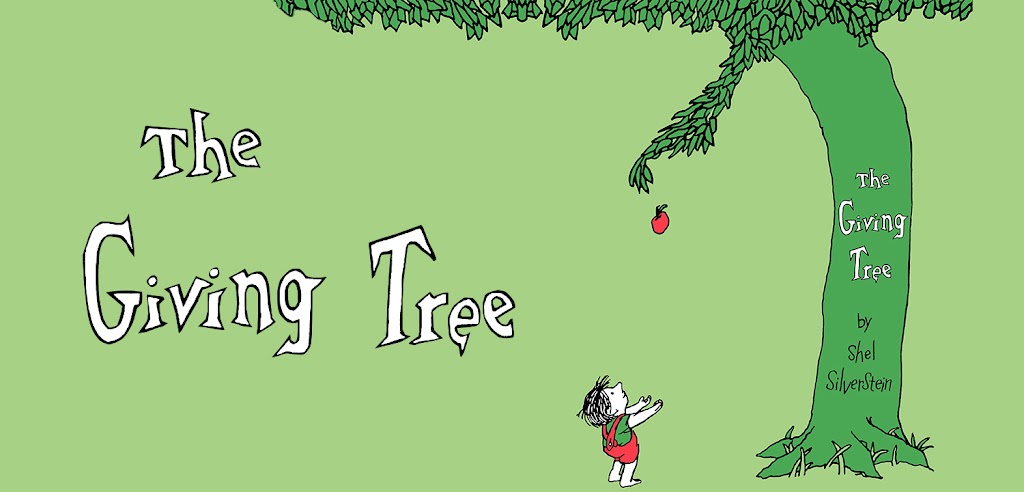
The Biz: Want to be a Good Boss? Read this….
I came into the advertising business in 1974 at the age of six. I was the manager in a department of one for my dad’s side home business preparing and disseminating press releases via the United States Postal Service. I prepared envelopes sticking the 1″ x 2-5/8″ white labels perfectly straight on number ten sized letters, collating the news releases, stapling and folding them, then stuffing the envelopes, licking them closed and then affixing postage stamps squarely in the upper right corner. I did this after school in our Inglewood apartment that could have served as the setting for the Sidney Deane family in White Men Can’t Jump without the need to change a single prop. My payment for this OSHA-violating work? Tickets to a Los Angeles Kings or Lakers game that wasn’t sold out. Pretty good payday until you consider that day got those tickets for free from his wife who worked in the ticketing department of the Fabulous Forum. He always told be that this work would be the backbone of breaking into the advertising business. I can’t say he was wrong.
These days, advertising and public relations is a difficult business to break into, especially if you are not connected. I worked for my dad in my early years and my dad continued his penchant for loaning out my talents for little remuneration to me. In 1989, I was farmed out to a largish New York City agency to work their accounts from the inside. I was a gun for hire. I made around $400 a week before taxes. I’m sure dad’s agency made ten times that for my work. It doesn’t matter now because a learned a lot and that time was the backbone of my career.
I learned about two important things at the New York agency: How to maneuver around office politics and why Shel Silverstein’s “The Giving Tree” is the key the being a better boss. This was the early nineties and yes, the New York agencies still had an enough misogyny, alcohol, racism, and debauchery to make any modern PC’er run for the hills. It was a lot to handle if you played those reindeer games. Most everyone dabbled in the big four but no one talked about it. Luckily, I was young and not a boss or my path surely would have spiraled much faster than it did.
My boss in New York was a typical advertising lifer. Handsome and gruff with a gift for the gab, he took long lunches with junior graphics designers in short skirts and still drank multiple cocktails during the day. He liked me because I did his dirty work and covered for him effectively when the big bosses came calling. HE taught me how to soft shoe through a crisis and that losing your temper would only make things work. He also handed me a copy of “The Giving Tree” a day after I told his biggest client he was negotiating a better media rate behind closed doors instead of the truth that he was at The Plaza with the flavor of the week from the 32nd floor. He told me to memorize the words, pictures, and pages of the small, leaf-green tome.
There are many interpretations of this masterpiece with the most obvious being the wonderful lesson of generosity it literally illustrates. It’s an Aesop’s fable about life and life lessons, specifically what it means to be flawed and mortal, and wise and enlightened. He taught me that you will always have a hard working, loyal if you embraced the key teaching lessons from the book. Talent wouldn’t always win the day—and most importantly, keep you employed without a good staff that had your back. Here’s a few of those vital teachings…
Stop Keeping Score—Most of us have been pre-occupied with fairness, equality and justice—at home I am the self-proclaimed Commission of Fairness. It’s a specialty of mine. I learned that from “The Giving Tree” because it teaches us not to tally up things up things all of the time. The tree gives in the truest form of altruism. She gives and gives and gives without ever expecting anything in return. She never asks for credit or reminds the boy of her countless sacrifices.
Know the Magic Words—The one thing the Boy in “The Giving Tree” never stops to do is say “please” or “thank you.” It seems not knowing common courtesy may have been the reasons he never could find contentment. Barney the Dinosaur always said to use please and thank you. The Tree should have told the Boy that as well. Good manners are the root (pun intended) of a happy life and productive teamwork. Do you know the magic words? Excellent. Use them every day… (Please?)
You Can Run, But You Can’t Hide—Life is difficult and complex. So is looking in the mirror and facing your terrors and misgivings and maddest dreams. However, if you ever find yourself so troubled with your dilemmas that you are keen—at a timeworn, shaky age—to go meandering out to sea in a makeshift canoe, it’s time to capitulate. The penultimate request from the Boy is for the Tree’s entire trunk. It always smacked me as the bluest and the saddest moment of the book, and Silverstein illustrated the bleakness so well. The lesson here is a fine one: don’t fight the waves of life in a dying vessel. Let them crash over you before you obliterate what you hold special. Remember: giving in isn’t giving up. Remember the great words of John Maynard Keynes, “The difficulty lies not so much in developing new ideas as in escaping from old ones.”
A Picture’s Worth A Thousand Words—Silverstein has a unique method of drawing that flawlessly captures the human spirit in all its weakness and allure and immorality and eccentricity. “The Giving Tree” radiates a inimitable brand of straightforwardness. Every line is fraught with emotion, whether it’s the innocence of an untied shoelace or the speechless vacancy of the Boy’s wrinkled face as he ages, or the influential image of a infinitesimal broken man sitting on a severed tree stump, his illustrations speak loud. Louder than words. This book was one of the key lesson teachers that show me how to do presentations. My presentations are simple, yet complex through the use of imagery. It has won me awards and gotten millions of dollars of concepts greenlit over my career.
You Can’t Always Get What You Want—Mick Jagger famously sung, “You can’t always get what you want… But if you try sometime, you’ll find, you get what you need…” The grass is always greener on the other side. Don’t go chasing waterfalls. A bird in the hand is worth two in the bush. An orchard sounds more significant than a single tree. And, after all, who wouldn’t want to actually be king instead of just pretending to be one? Unfortunately, the Boy learns this truth the hard way. After constantly asking for too many of his wants, all that’s left is too little of what he needs. Seriously, people. Know a good thing when you have it. Perfection is reserved for something celestial. Strive for greatness, but sometimes very good, is , well, great.













Leave a Reply